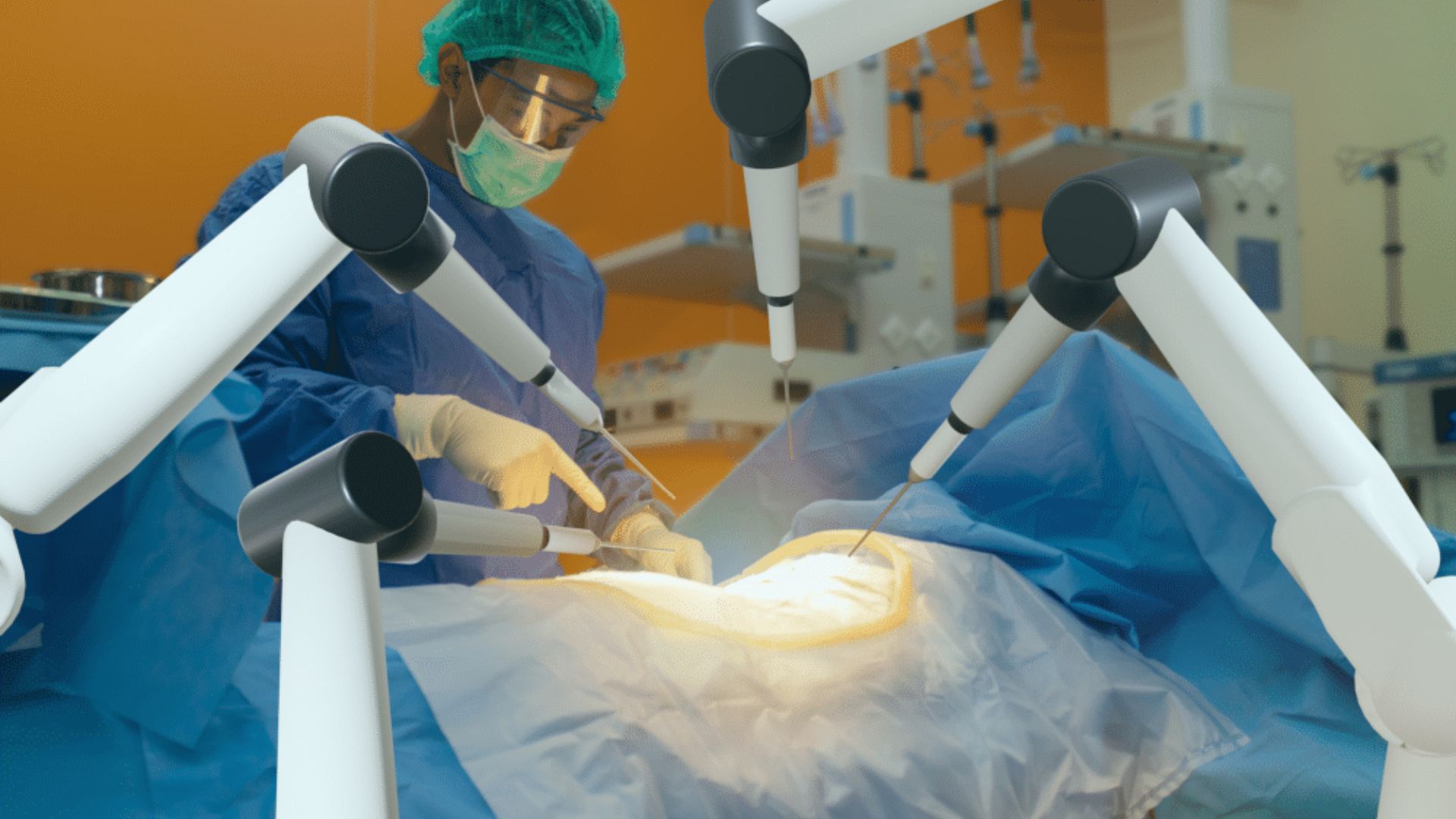Healthcare is changing every day. New devices are making it easier for doctors and nurses to care for patients. These cutting-edge devices for healthcare professionals are not only improving patient care but also helping doctors make better decisions. From advanced diagnostic tools to better patient monitoring systems, these devices are transforming the medical field.
In this article, we will explore how these devices are helping healthcare professionals and improving patient outcomes.

Advanced Diagnostic Tools
One of the most important areas of healthcare is diagnosis. Doctors need the best tools to identify health problems accurately. Cutting-edge devices for healthcare professionals make diagnosing illnesses much faster and more precise.
For example, advanced imaging devices, like MRI and CT scans, help doctors see inside the body clearly. These tools can detect diseases early, such as cancers or brain conditions, when they are easier to treat. In addition, new AI-powered tools can analyze these images and help doctors make better decisions.
Improved Patient Monitoring Systems
Monitoring a patient’s health is essential for providing the right care. New cutting-edge devices for healthcare professionals allow for continuous, real-time monitoring of patients. Wearable devices, like smartwatches and sensors, help doctors keep track of vital signs, such as heart rate, blood pressure, and oxygen levels, without the patient needing to stay in the hospital.
For example, some devices allow doctors to monitor patients’ heart rhythms and blood sugar levels remotely. These tools help detect problems early and send alerts to doctors if there is an issue. As a result, doctors can provide timely care without the patient being in the hospital.
Surgical Instruments with Enhanced Precision
Surgery is a delicate and complex process that requires great precision. Cutting-edge devices for healthcare professionals are improving the accuracy of surgical procedures. New robotic surgical tools and minimally invasive devices allow surgeons to perform delicate surgeries with fewer risks and faster recovery times.
For instance, robotic systems help surgeons make smaller cuts during surgery. These tools provide a high level of control, which reduces the risk of complications and speeds up the healing process. As a result, patients recover more quickly and experience less pain after surgery.
Smart Wearable Health Devices
Wearable technology is becoming a big part of healthcare. Cutting-edge devices for healthcare professionals include wearable health trackers that allow patients to monitor their health daily. These devices can track everything from sleep patterns to physical activity levels. Many of them can also monitor heart rate and oxygen levels.
These devices give healthcare professionals valuable data to track patients’ progress and identify potential health issues before they become serious. For example, a wearable heart monitor can alert doctors if a patient’s heart rate becomes abnormal, prompting quick action.
Mobile Health Apps for Easy Access to Information
Mobile health apps are revolutionizing how doctors and patients communicate. Cutting-edge devices for healthcare professionals now include smartphone apps that allow doctors to access patient records, test results, and treatment plans from anywhere.
These apps help doctors stay connected to their patients and provide better care. They can quickly review patient information, make decisions, and even send prescriptions or advice to patients directly. Mobile health apps also make it easier for patients to schedule appointments, track their medication, and stay on top of their treatment plans.
Artificial Intelligence in Diagnostics
Artificial intelligence (AI) is playing a huge role in modern healthcare. Cutting-edge devices for healthcare professionals now include AI-powered diagnostic tools that can analyze medical data and images. AI systems can process thousands of pieces of information in seconds, helping doctors make faster and more accurate decisions.
For example, AI can help analyze lab results, such as blood tests, and alert doctors to potential issues that may need further testing. AI can also analyze medical images, like X-rays and MRIs, and help doctors identify abnormalities that might be missed by the human eye. This technology not only improves diagnosis but also speeds up the process, which is critical in emergency situations.
Telemedicine Tools for Remote Care
Telemedicine is changing the way healthcare is delivered, especially in remote areas. Cutting-edge devices for healthcare professionals include telemedicine tools that allow doctors to treat patients through video calls or other online platforms. This technology makes it easier for people who live far away or cannot visit a clinic to receive medical care.
These telemedicine tools also help doctors monitor patients remotely. Patients can send their health data through a mobile app or wearable device, and doctors can review it in real time. This is especially helpful for managing chronic conditions like diabetes or heart disease, where regular check-ups are essential for managing the condition.
Streamlining Patient Data Management
One of the biggest challenges in healthcare is managing patient data. Cutting-edge devices for healthcare professionals are improving how patient information is stored and accessed. With electronic health records (EHR) and cloud-based systems, doctors can quickly access up-to-date patient information from any location.
These systems make it easier to track treatment plans, medications, allergies, and test results. They also help reduce errors caused by paper records, ensuring that patients receive the right care every time. As a result, healthcare providers can offer more efficient and effective care.
Conclusion
Cutting-edge devices for healthcare professionals are transforming the medical field. They help doctors make better decisions, improve patient outcomes, and reduce healthcare costs. From advanced diagnostic tools to wearable devices, these innovations are improving patient care and making healthcare more accessible.
As technology continues to evolve, we can expect even more advanced devices that will further revolutionize healthcare. With these tools, doctors will be able to diagnose diseases earlier, monitor patients more effectively, and provide better care overall. The future of healthcare is bright, and cutting-edge devices for healthcare professionals will continue to lead the way.
